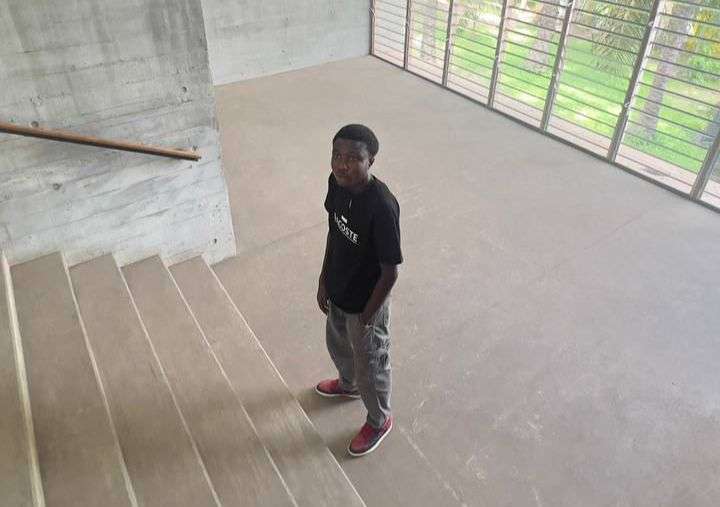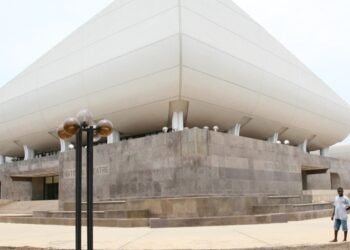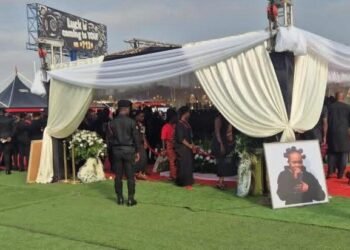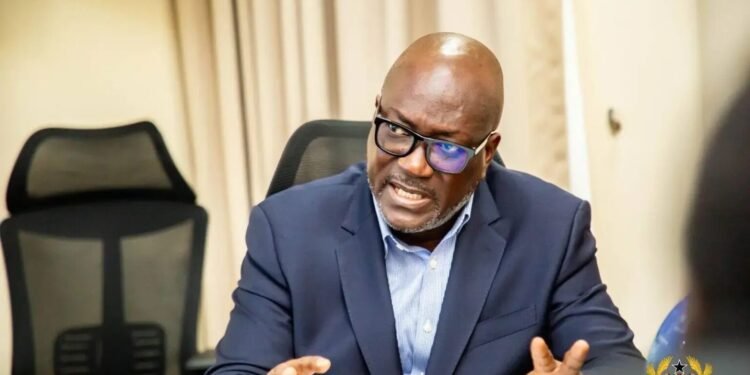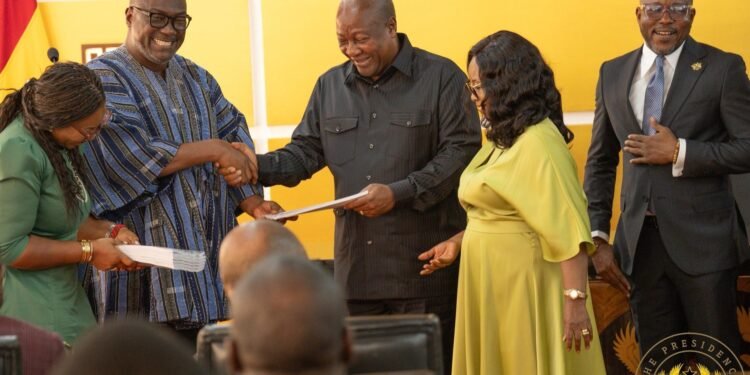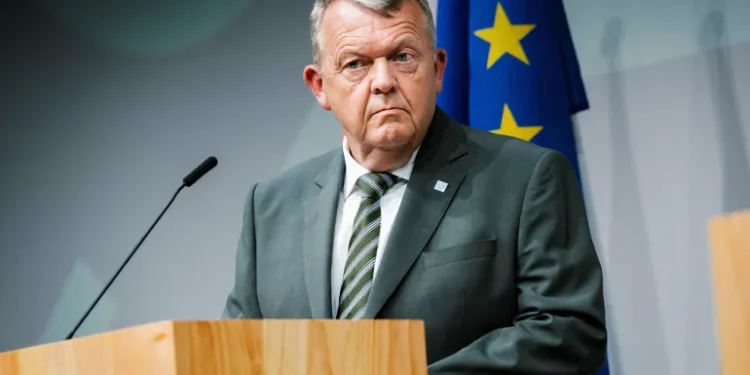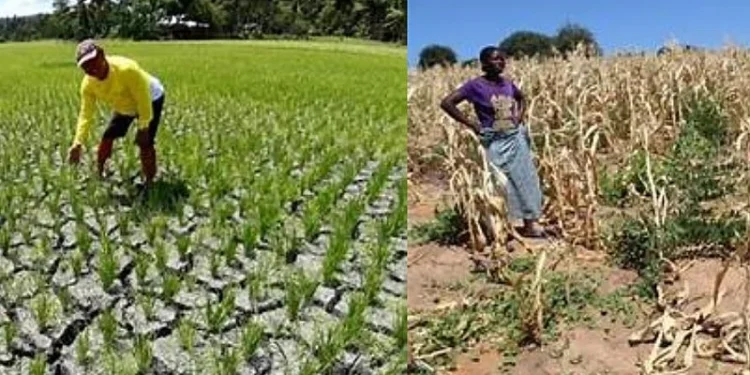In recent years, prophetic declarations regarding elections have gained significant traction in Ghana.
Many religious leaders, particularly from the Pentecostal and charismatic movements, have taken to the pulpit to announce their predictions about electoral outcomes, often claiming divine insight.
While some view these prophecies as a reflection of faith and spiritual guidance, others argue they incite tension, influence voter behavior, and undermine the democratic process.
Radio presenter, Nana Romeo called on IGP Akuffo Dampare to ban all election-related prophesies to maintain peace and order after the polls.
Nana Romeo expressed concern about conflicting prophecies from religious figures, noting that one prophet predicts an NDC victory while the other forecasts an NPP win.
He highlighted that these contradictions could lead to confusion and unrest if one prophecy fails to materialize.
Nana Romeo’s appeal follows recent prophecies by several religious figures, including Rev. Owusu Bempah, who have each predicted different outcomes for the upcoming elections, raising concerns over potential tensions once results are announced.
Nana Romeo believes that banning such prophecies would help prevent post-election confusion and encourage peace across the nation.
In an exclusive interview with The Vaultz News, Ghanaian up-and-coming artist, Kelvin Adjei, also known as Cuando revealed that the banning of all election-related prophesies to maintain peace and order polls should be taken into consideration. “Well, I think the action to ban is the best to avoid tensions and other controversies before and after the elections,” he said.
Regarding the issue of conflicting prophecies, such as different predictions regarding the NDC and NPP, where these contradictions affect public trust in religious leaders and the electoral process, Cuando stated that “If I’m right”, people regard their pastors more than themselves, adding that some pastors influence people’s choice when it comes to voting.
According to him, he thinks prophecies about who is going to win shouldn’t be allowed.
“It could lead to people drawing out from their respective churches. Can’t sight any example. I’m not really into politics.”
Cuando
Ghana is known for its vibrant religious landscape, with a significant portion of the population identifying as Christian. Churches play a crucial role in the social and political life of the country, and their leaders often wield considerable influence over their congregations.
The practice of making prophecies about elections is not new in Ghana. Previous elections have seen various religious leaders making bold claims about outcomes, often leading to heightened political tensions and, in some cases, violence.
Cuando believes banning these declarations would be an effective solution solution.
In balancing the protection of freedom of speech and religious expression with the need to maintain peace and order during elections, the upcoming artist disclosed that in as much as people have the freedom to speak, they should be cautious and mindful of their language. “Although it’s a form of freedom of speech, if it continues, there’ll be more confusion,” Cuando added.
Critics argue that election prophecies distort the democratic process by influencing voters based on perceived divine will rather than on policies or candidate qualifications.
In light of the potential dangers posed by election prophecies, various civil society groups, political analysts, and concerned citizens have begun advocating for regulations to govern the practice. Some have even called for a complete ban on such prophecies during election periods.
Arguments Against a Ban
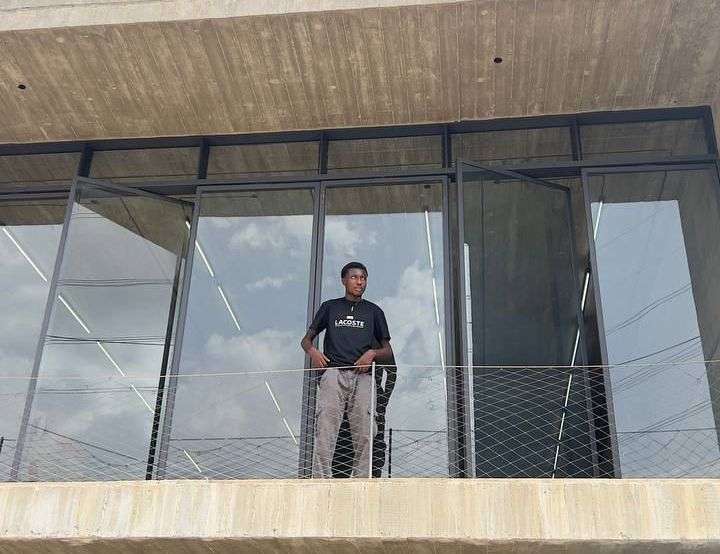
Opponents of a ban argue that it infringes on the fundamental right to freedom of expression and religion. Many Ghanaians view prophecies as an integral part of their spiritual life and a way to seek divine guidance.
Prophecies are deeply rooted in Ghanaian culture and spirituality. Banning them could be seen as an attack on cultural practices and beliefs, leading to resistance from religious communities.
Implementing a ban poses challenges in terms of defining what constitutes an election prophecy. The subjective nature of prophecies makes it difficult to establish clear guidelines for regulation.
Cuando spoke on the alternative methods that religious leaders can use to engage with political issues without resorting to prophecies that might create division or confusion among the populace.
“They [Religious leaders] should just advise people to make the choices that they prefer. Religious leaders should try as much not to side with a party in public even if they belong to one.”
Cuando
As Ghana approaches future elections, the artist disclosed what he thinks should be done by both religious leaders and political stakeholders to ensure a peaceful electoral process. “Top security and not manipulating people to vote I think are some steps they can take,” he said.
Establishing a code of conduct for religious leaders that emphasizes responsible prophecy and discourages declarations that could incite violence or division.
Involving religious leaders in discussions about the implications of their prophecies and encouraging them to take a more responsible approach to public declarations.
The issue of election prophecies in Ghana is complex, intertwining faith, politics, and societal values. While the calls for a ban reflect legitimate concerns about the integrity of the democratic process and social cohesion, they also raise questions about freedom of expression and cultural practices.
As Ghana approaches future elections, a balanced approach that allows for spiritual expression while safeguarding the democratic process is the most prudent path forward.
Engaging in dialogue among stakeholders, including religious leaders, politicians, and civil society, will be crucial in finding a solution that respects both democratic principles and the cultural significance of prophecy in Ghana.
READ ALSO: Political and Legal Gamesmanship: The Battle for Majority in Ghana’s Parliament

